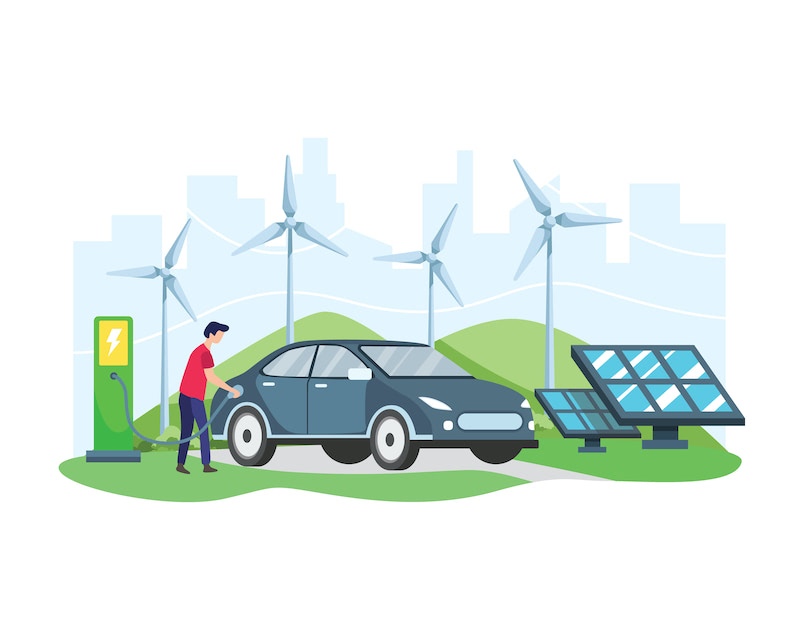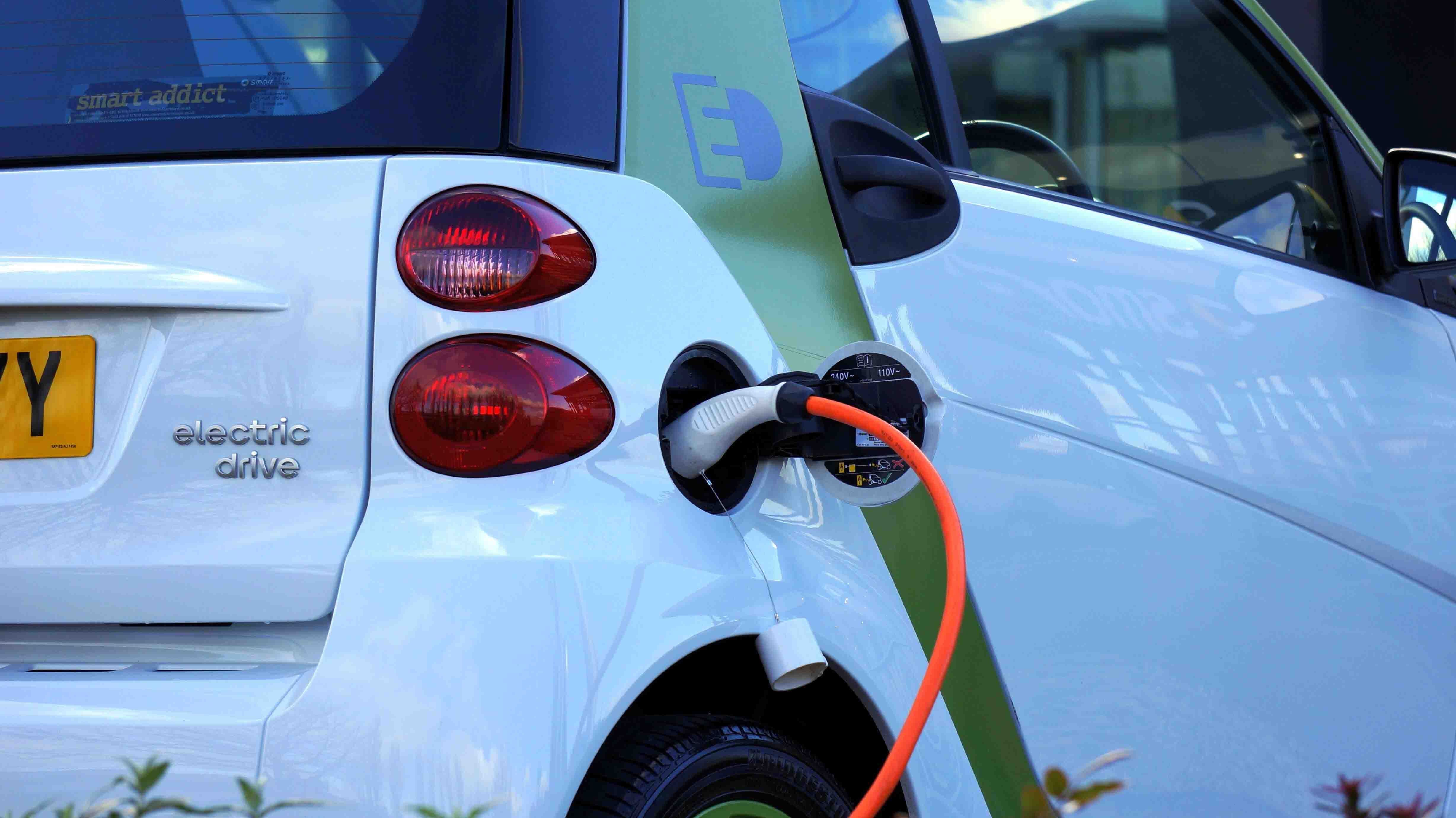Shanghai (Gasgoo)- On August 16, Great Wall Motor (GMW) officially opened its manufacturing facility in Brazil. At the inauguration, a heavy-duty hydrogen truck made its debut. The vehicle is equipped with the proprietary fuel-cell system supplied by GWM HYDROGEN-FTXT ("FTXT"), a Chinese high-tech company focused on the field of hydrogen energy. In addition, the heavy-duty hydrogen truck is set to undergo road trials in collaboration with the University of São Paulo (USP) and other local partners, testing performance in real-world driving scenarios, according to a post via FTXT's WeChat account.
The trials will be conducted in stages, with FTXT engineers, GMW's product development teams, and USP academics working side by side. Their focus spans three fronts: evaluating how the hydrogen systems handle Brazil's demanding geography and climate, and tracking performance across variables such as heat, altitude, road quality and diverse road surfaces, to better understand how these factors influence efficiency and long-term reliability; assessing compatibility with different hydrogen sources such as green hydrogen and hydrogen from ethanol reforming, as well as adapting hydrogen truck technology to local energy resources, freight transport patterns and current infrastructure networks; analyzing real-world driving behavior in Brazil by compiling data on local habits behind the wheel, in order to pinpoint where the technology can be fine-tuned, optimize the trucks for regional use and build a stronger case for the eventual commercialization.
Beyond performance evaluation, the program is designed to foster technology transfer through university-industry collaboration, strengthening Brazil's domestic hydrogen research capabilities and laying the groundwork for local commercialization.
The initiative traces back to a Memorandum of Understanding (MoU) signed in 2023 between GWM and the São Paulo state government, aiming to evaluate hydrogen applications in Brazil. By 2024, GWM had already identified five hydrogen refueling projects in advanced stages, creating the infrastructure backbone for the upcoming trials.
In November 2024, FTXT also signed an agreement with the state government of Minas Gerais and the Federal University of Itajubá (UNIFEI) to jointly advance green hydrogen truck development. The collaboration covers hydrogen supply from the university, technical knowledge sharing, and the establishment of additional refueling infrastructure, further expanding Brazil's regional hydrogen ecosystem.
As the clean-energy arm of GWM, FTXT has been aligning with GWM's broader "ecosystem export" strategy abroad, while building a strong foothold at home. The hydrogen truck trials in Brazil mark a concrete step in that direction, showcasing how FTXT is leveraging GWM's international footprint to bring Chinese-developed hydrogen technologies closer to large-scale application overseas.
Brazilian authorities have listed the project among key initiatives supporting the country's energy transition. Its approval signals that Chinese hydrogen truck technology is entering substantive deployment in South America, while also offering a new platform for closer cooperation between China and Brazil in sustainable transport.
At the same time, FTXT is advancing projects with Brazilian partners in areas such as hydrogen-powered shipping, and combined heat and power systems. These efforts are intended to extend hydrogen adoption beyond vehicles to a full industrial chain covering hydrogen production, storage, distribution and usage. Such expansion could help Brazil build a coordinated "transport plus energy" ecosystem while positioning Chinese technology as a reference point for global hydrogen deployment.



